Transforming lives in
65
countries
Over
8,00,000+
prison inmates transformed
globally
More than
7000
armed insurgents reformed
globally
Over
3,50,000
inmates in Indian prisons have undergone the program
Running
16
skill development centres
in prisons across India
Over
60,000
convicts and 130 prison staff of Tihar Jail benefitted
Overview
The story of Rita Singh of Champaran, Bihar is truly heart-wrenching. In December 2005, fifteen years into her marriage, Rita and her husband were attacked by a group of over 40 Naxalites. She survived the attack, but her husband got killed. Despite being a part of a gruesome murder plan, she mustered the courage to become an Art of Living teacher. She went on to conduct programs with the same group that had murdered her husband.
At the end of the program, some of the participants cried and expressed their sincere regret for the crime. She motivated them to leave violence and embody compassion and love. “We have a special relation. They listen to me, and I am motivating them to change their ways,” she smiles as she recounts her story.
Our programs for prisoners and people with a history of violence aim at helping them to break out of the regressive cycle of crime. Working with various prison authorities and armed forces, we have conducted programs for over 800,000 inmates so far.
Challenges
Two primary challenges need to be addressed during the rehabilitation of prisoners:
First, is the sheer size of the prison population which overwhelms the correction system. From a policy perspective, the primary mechanism of the system is isolation, and deeper thought into rehabilitation is required.
The second issue is the attitude, both of the prisoners and law enforcement officers. Most prisoners have never received any guidance, and develop a firm belief that they will never be able to get out of the regressive cycle of crime. Prison staff and law enforcement machinery, on the other hand, is overworked and stressed out due to constant work in challenging conditions. Over time they get emotionally hardened, and it becomes difficult for them to undertake concerted efforts to change the attitudes of those who have been incarcerated.
Strategy
Our approach towards prisoner rehabilitation works at three levels:
1) At an emotional level where we conduct prison programs to enable inmates to break out of the cycle of negative emotions. We understand that it takes repeated programs to help someone come out of extreme emotions like trauma, guilt, and anger. Hence in jails like Tihar with which we have been associated for a long time, we regularly run advanced programs.
2) At a material level, we conduct vocational training for inmates so that they can go back to earning a living through dignified means.
3) Conducting specially designed programs for prison staff and others in the law enforcement agencies to help them de-stress, thereby enabling them to become more efficient.
Impact
Our programs have prevented thousands of prisoners from relapsing into a life of crime. Here is a snapshot –
- Conducted prison programs across 65 countries; 800,000+ inmates across the world have benefited
- In India, the program has been taught in 100 prisons to 350,000 inmates
- In Tihar Jail, around 60,000 convicts have benefited from the program
- Special programs have also been conducted for the prison staff to cope with the stress at work
We aim to ensure that every person who has to resort to crime is given an opportunity to change and start living a meaningful life.
Many inmates whose lives we touched have now become teachers of The Art of Living programs and working alongside us to bring a positive change in the society.
Contact Us
India office
Phone: +91 80 67433684
Email: info@projects.artofliving.org
Address: The Art of Living International Center, 21st Km, Kanakpura Road, Udayapura, Bangalore South, Karnataka, India 560082
Featured Stories
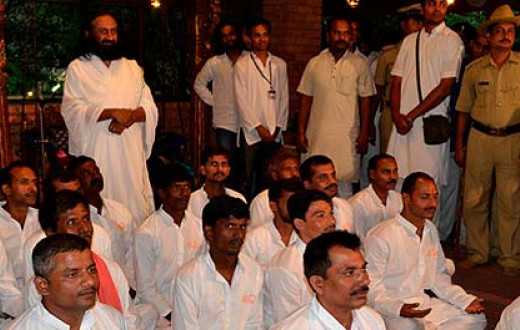
Freedom beyond bars
30 inmates’ journey from being criminals to youth leaders Splashing...
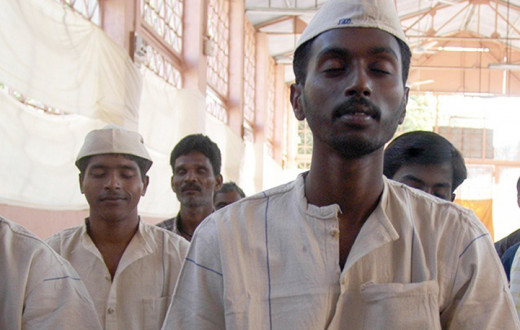
Prisoner rehabilitation in South Asia’s largest prison
The Prison Program was introduced in Tihar Jail in 1999. More...
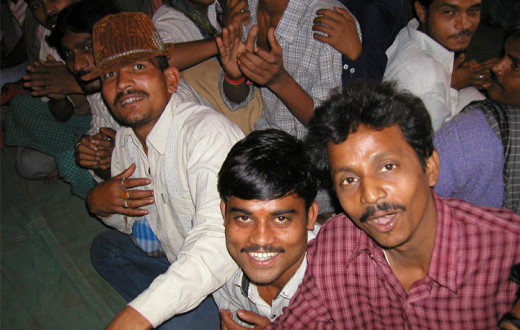
Once a jail, now an ashram
‘Violence ends where love begins.’ - Gurudev Sri Sri Ravi Shankar...

A Drug Addict, Prisoner & Now A School Teacher
A man ready to kill and a man adored by parents. Two different...

Giving direction to young inmates
“I never felt my breath this light before in my whole life. Today,...
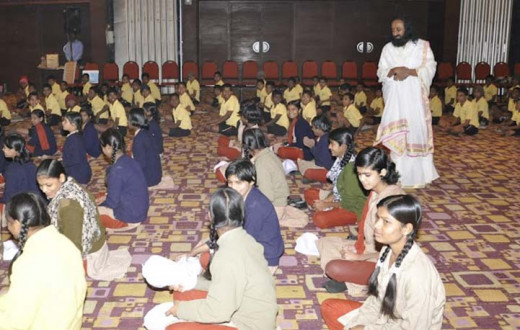
Sultan of swings settles deep within
Its 3 o clock in the afternoon. He had been planning and waiting...
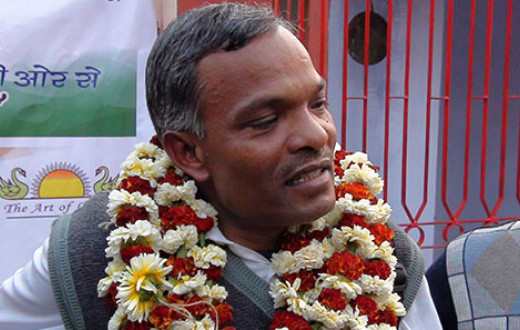
‘Convicts like family’: a policeman’s unique perspective
Among many policemen who serve the nation and maintain law and...

Wedding bells in a Belgian prison
After a life-altering Prison Program, trials, tribulations and...
Case Studies

Sultan of swings settles deep within
Success stories Its 3 o clock in the afternoon. He had been planning and waiting...
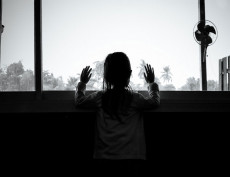
A Jail Daughter
Success stories Indu Sinha has worked for the stress-relief of 5,000 prisoners...
With your support we can achieve a lot more
A multi-faceted approach to social initiatives has saved many lives, lit many smiles, and helped communities experience progress. Every piece of service work is created with dedicated analysis, thoughtful care - keeping humaneness in the forefront. Progressive change and sustainable impact happen when the affected are supported at every step of their journey. Walk with us as we walk with others. And together let’s build hope for every member of our global family.

